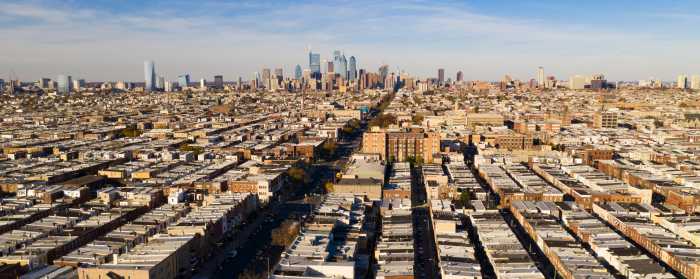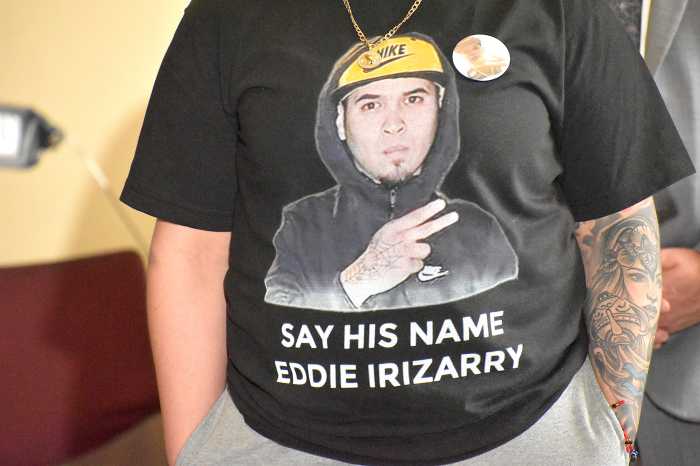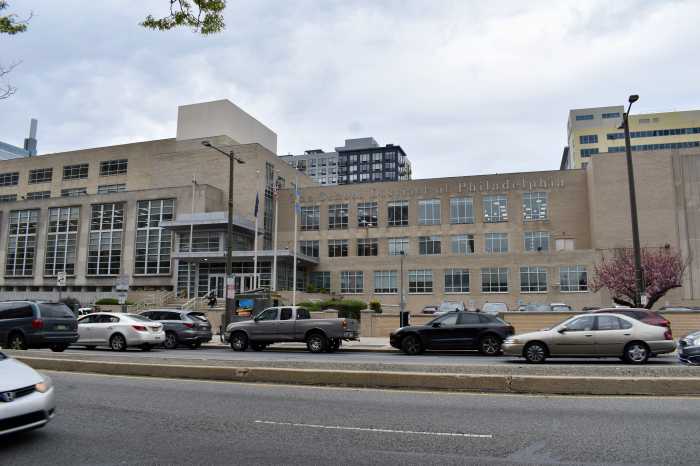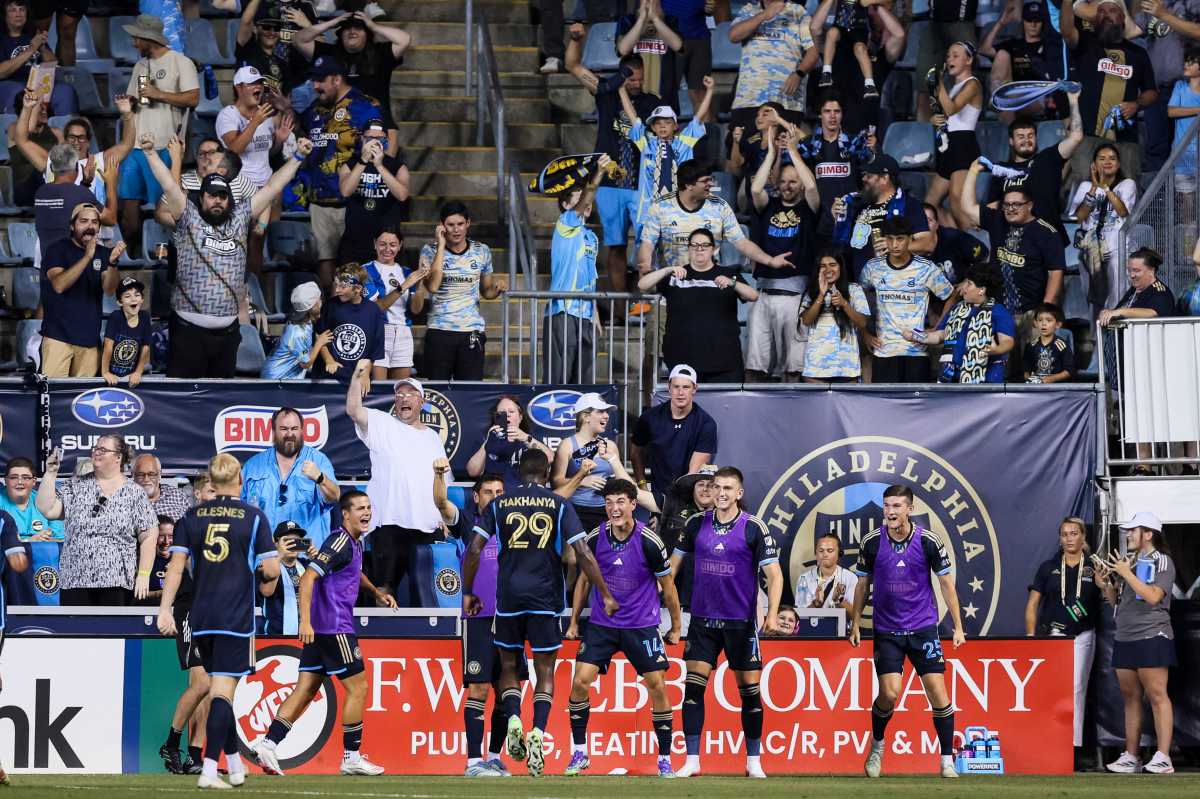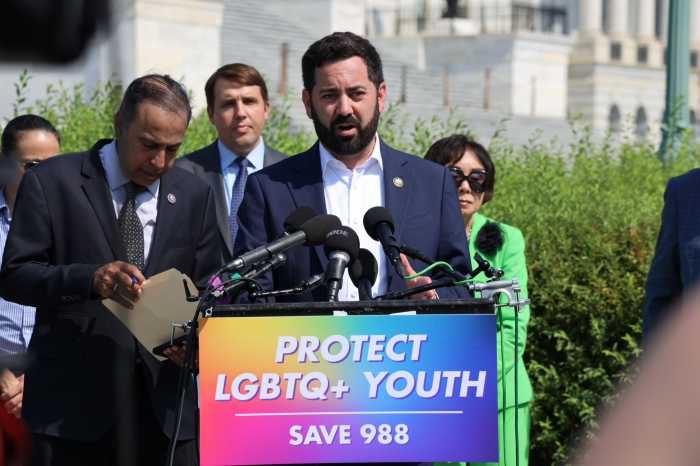 Rikard Larma/Metro.
Rikard Larma/Metro.
UPDATE: Comcast responded to the story Wednesday morning with the following statement:
“Comcast employs more than 6,000 full and part-time employees in the city of Philadelphia and provides our employees with a generous compensation package that, among other benefits, includes substantial paid time off opportunities that meet and, in most cases, exceed the requirements set forth in this bill.
“So while we fully support paid sick leave for our employees – and provide it – Comcast, like many other local companies, opposes this bill. It would create unnecessary administrative burden and would disrupt a uniform benefits package that is best in class and that our employees have embraced in its current form.”
ORIGINAL STORY:
A coalition of community groups advocating for a City Councilbill that would extend paid sick leave to most Philadelphia workers claims Comcast is trying to block the legislation.
“Comcast gets tens of millions in tax breaks from the city and state claiming it cares about local jobs,” said Hannah Sassaman of the Media Mobilizing Project.
“But if Comcast cares about its consumers, it should allow them to have the basic dignity of paid days off.”
Comcast during fiscal year 2012 spent over $108,400 lobbying City Council to vote against the bill that would require companies with five or more employees to grant at least an hour of paid sick time for every 40 hours worked, according to filings with the city Board of Ethics.
“Lobbyists’ activities depend on the organization,” said Marianne Bellesorte of PathWays PA, who herself is registered as a lobbyist for Pathways.
“I work with City Council to talk to them about bills like earned sick days and education advocacy, but other lobbyists give gifts and may even give donations to campaigns. We’re a nonprofit, so we don’t make gifts or do endorsements.”
Though Comcast’s exact activities aren’t itemized in the Board of Ethics filings, they spent $32,759 during the fourth quarter of FY12 alone opposing the bill through “direct communications” to Council members.
“My understanding is that ‘direct communications’ means an employee of the corporation or a lobbyist goes to Council, speaks directly with legislators or aides and says ‘this is why we believe X, Y or Z legislation is not good for us,'” Sassaman said.
But where does all that money go? “I would assume lobbyists are extremely expensive to get,” noted Kaytee Riek of campaign finance tracking website SumofUs.org,
“They’re not going to work for minimum wage and they’re certainly going to demand paid sick days.”
Rally
Activists will gather at City Hall tomorrow to hand-delivera petition with more than 60,000 signatures – over 14,000 of them from self-identified Comcast customers – urging Council members to vote “yes.”
The move comes in advance of Thursday’s session, when the bill is expected to go up for a vote.
“Tomorrow’s delivery is about taking 60,000 voices – many of them from Philadelphia and Pennsylvania – and telling Council to listen to them, not big business, when comes to enacting legislation,” Bellesorte said.
Why does Comcast care?
Many advocates were mystified as to why Comcast seems to be fighting the legislation so virulently – their employees tend to receive paid sick leave, anyway.
“My understanding is workers for Comcast have access to paid time off the same way most employees of large businesses like that do,” Sassamon said.
“But if you’re a restaurant worker serving a Comcast employee a burger, you might have to come to work sick to pay your bills – including your Comcast bill.”
Bellesorte said those benefits don’t necessarily extend to Comcast contractors.
“For the most part, we learned a lot of people who work in offices or business buildings earn paid sick days,” she said. “But contractors, the people who go out and install cable, wouldn’t be covered.”
By the numbers
Comcast already gets a pretty sweet deal from the city:
>> Comcast receives $15 million from the city each year in job creation subsidies.
>>The corporation receives a 95% annual real estate tax break on corporation headquarters the Comcast Center under Philadelphia’s property tax abatement program.
>> Without the break, the Comcast Center’s property taxes would amount to $4.6 million in annual revenue.
But average workers, in general, don’t enjoy the same generosities:
>> 182,600 Philadelphia workers lack paid sick days.
>> About 123,900 of those workers have no paid leave benefits of any kind, according to a study from the Institute for Women’s Policy Research.
>> Less than 25% of Philadelphia food workers get earned sick days, the same study estimated.
And those lack of benefits add up to sizable costs for everyone:
>> Up to 80% of outbreaks of the contagious stomach bug norovirus can be traced back to sick food workers, according to a Center for Disease Control study.
>> Philadelphia employers will save a net total of $500,000 each year if the bill is enacted, according to the Institute for Women’s Policy Research.
>> Employers are expected to spend $51.2 million on providing sick time, but yield benefits of $51.7 million due to reduced turnover and contagion combined with increased employee productivity.



